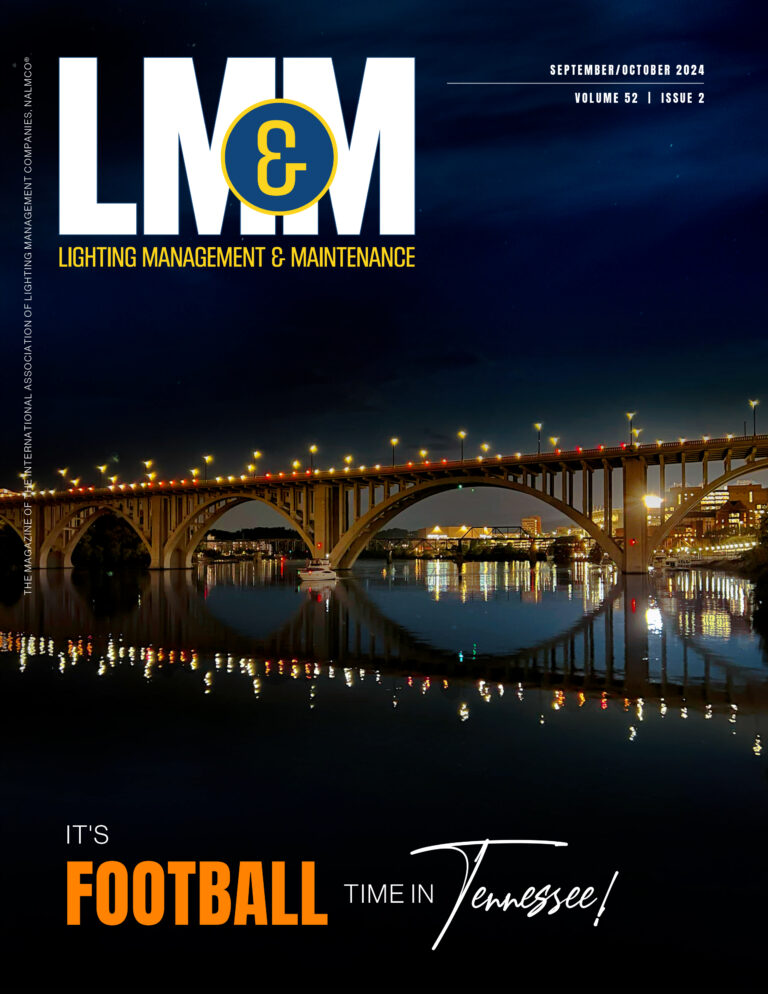JELSA, Hvar, Croatia – The International Dark-Sky Association (IDA) has now designated the Municipality of Jelsa on the island Hvar as the first International Dark Sky Community (IDSC) in both Croatia and Southern Europe. With this designation, Jelsa is now internationally recognized as the 37th IDSC for its exceptional commitment to protecting dark skies from light pollution.
“The Municipality of Jelsa is setting a high standard for other communities in this country and region of the world to follow,” remarked Ashley Wilson, Director of Conservation of IDA. “We are pleased to recognize Jelsa as a distinguished leader in demonstrating that proper use of lighting can benefit both human wellbeing and the nocturnal environment within and outside our communities.”
The Municipality of Jelsa, comprising a total of 12 settlements, is situated in the middle of the island Hvar and covers an area of 121.2 km2. The town of Jelsa is situated in a bay in the middle of the Hvar’s north coast. There are dense pine woods on the sloping hills of the island’s southern ridge, and the agricultural plain lying to the west of Jelsa is the UNESCO (United Nations Educational, Scientific and Cultural Organization) world heritage site Starigrad Plain. While the exact period is not well known, extant archaeological materials during the Roman period and a reference in the 1331 Statute of Hvar prove the existence of a settlement in this area for the past several hundred years. Modern Jelsa is a town with many small businesses and an important tourist center on the island.
The initiative to designate Jelsa as the first International Dark Sky Community in Croatia came from the director of the Jelsa Tourist Board Marija Marjan. The Jelsa IDSC project and the activities were led by the Croatian Astronomical Union and its secretary general Dorian Božičević as the project manager. In the past two years, the Municipality of Jelsa changed 82% of its unshielded public lighting to fully shielded, 3000K lighting according to IDA requirements. At the same time, the Croatian Astronomical Union organized several activities to raise awareness and provide public engagement with the dark-sky movement. These include public telescope observations, lectures about astronomy and light pollution, to educational activities aimed towards children. The Croatian Astronomical Union also supports local scientific activities to promote the preservation of dark skies, such as installing a permanent meteor observation point within the Global Meteor Network, which led to the discovery of a new meteor stream.
“As the director of the Jelsa Tourist Board, I’m very happy that Jelsa succeeded in getting the International Dark Sky Community designation and hope that this gets us a step further on the road of making Jelsa an astro-touristic destination and branding Jelsa as a dark sky friendly tourist destination,” stated Marija Marjan.
Nikša Peronja stated, “As mayor of Jelsa, I can say that we are dedicated to the preservation of our heritage, the natural, unpolluted, dark and starry sky on the territory of our Municipality for future generations to come and for our guests because we are a tourist destination.”
Melanie Lučić also shared, “I’m the mother of four children and we live in Jelsa on the island Hvar. We were all very happy for having public telescope observations and educational activities in astronomy for children in the past year done by the Croatian Astronomical Union. Me and my family fully support the effort of Jelsa to protect its beautiful natural starry sky.”
Moving forward, the Jelsa International Dark Sky Community plans to expand the lessons learned from the good lighting practices to the surrounding local governments throughout Hvar with the goal of one day having a Dark Sky Island. In the meantime, other local plans include work on the International Dark Sky Park application for the Heritage Village Humac, building an astronomical center with an observatory in the village Poljica, and working with hotels, camps and private apartment and room renters on adding dark sky and astronomy-related activities for their guests.
About the International Dark Sky Places Program:
The International Dark Sky Places Program was founded in 2001 as a non-regulatory and voluntary program to encourage communities, parks, and protected areas around the world to preserve and protect dark sites through effective lighting policies, environmentally responsible outdoor lighting, and public education. When used indiscriminately, artificial light can disrupt ecosystems, impact human health, waste money and energy, contribute to climate change, and block our view and connection to the universe. Jelsa now joins more than 195 Places that have demonstrated robust community support for dark sky advocacy and strive to protect the night from light pollution. Learn more by visiting www.darksky.org/conservation/idsp.
About the International Dark-Sky Association:
The mission of IDA is to preserve and protect the nighttime environment and our heritage of dark skies through environmentally responsible outdoor lighting. Learn more at darksky.org.



